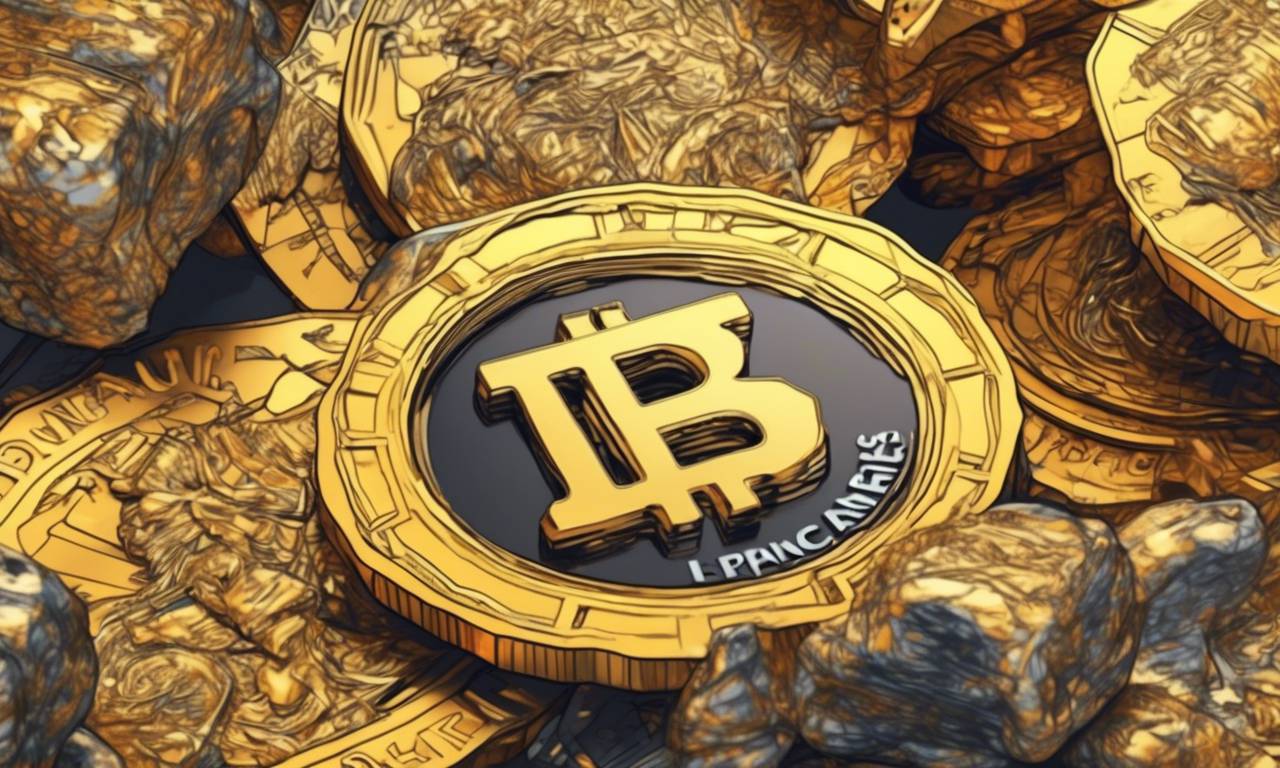Binance Responds to SEC’s Supplemental Authority
Binance Holdings, along with Binance.US and co-founder Changpeng “CZ” Zhao, has submitted a joint response to the U.S. Securities and Exchange Commission (SEC) regarding the relevance of a default judgment in the Coinbase insider trading case SEC v. Wahi in the ongoing Binance lawsuit.
In their court filing on March 8, Binance’s attorneys argued against the SEC’s notice of supplemental authority. They pointed out that the Wahi default judgment was issued because defendant Sameer Ramani did not oppose it in the Coinbase insider trading case, and it simply repeated the SEC’s statutory arguments without considering other relevant cases.
Furthermore, Binance emphasized that Judge Torres’ decision in SEC v. Ripple Labs was not mentioned in the Wahi case. In that case, Judge Torres rejected the SEC’s claim that blind sales of crypto tokens should be considered “investment contracts”. Additionally, the Wahi case failed to consider the D.C. Circuit’s decision in SEC v. Life Partners.
CFTC Commissioner Caroline Pham has also criticized the SEC’s broad classification of digital assets as securities in 2022. It is worth noting that the SEC settled with other defendants in the Wahi case after they challenged the SEC’s interpretation of securities laws.
Binance has requested the court to reject the SEC’s attempt to use a default judgment as leverage against them, especially since Binance has filed a joint motion to dismiss the lawsuit.
Furthermore, Coinbase Chief Legal Officer Paul Grewal has already denied that the default judgment in the Wahi lawsuit can be considered a valid precedent for other lawsuits or as a basis for claiming jurisdiction over the entire crypto industry.
Binance Faces Another Class Action Lawsuit
The Second Circuit Court of Appeals has revived a class action lawsuit against Binance and its founder Changpeng Zhao. This decision overturns a previous ruling by a lower court that dismissed the case. The plaintiffs, who are crypto investors, allege that they purchased securities from Binance, including ERC-20 tokens like EOS, TRX, ELF, FUN, ICX, OMG, and QSP, when Binance was using Amazon servers.
Although the ruling does not explicitly state whether these crypto tokens are considered securities, this case raises important questions about the jurisdiction and territorial reach of U.S. securities laws.
It is worth noting that this ruling comes at a time when there is a need for clarity on whether secondary market trading of digital assets alleged to be securities, as seen in the default judgment in the Wahi case, can have broader implications.
Gapster Innes emerges as a visionary adeptly blending the roles of crypto analyst, dedicated researcher, and editorial maestro into an intricate tapestry of insight. Amidst the dynamic world of digital currencies, Gapster’s insights resonate like finely tuned harmonies, captivating curious minds from various corners. His talent for unraveling intricate threads of crypto intricacies melds seamlessly with his editorial finesse, transforming complexity into an eloquent symphony of comprehension.

